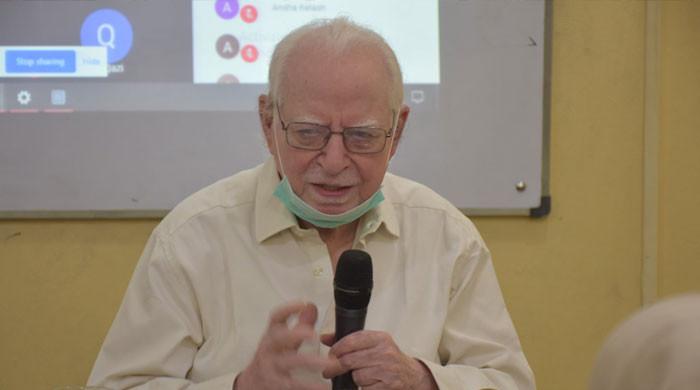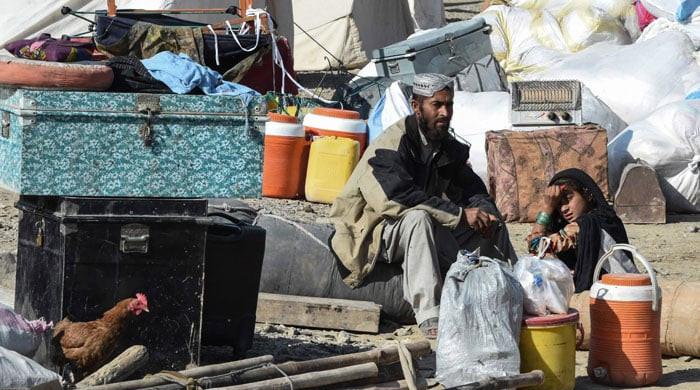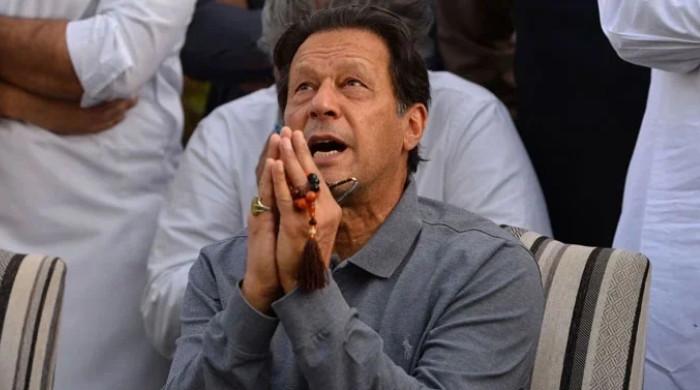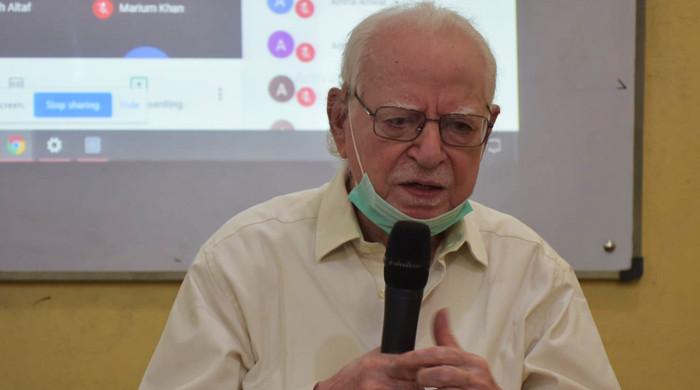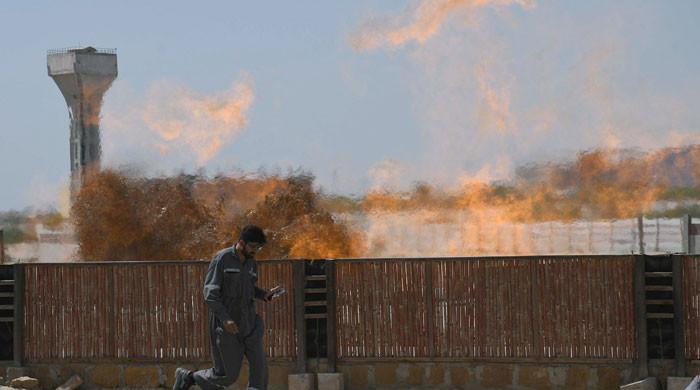Punjab polls: Election Commission issues code of conduct
Political parties have been asked to cooperate with law-enforcers for ensuring peaceful conduct of elections on polling day
April 07, 2023
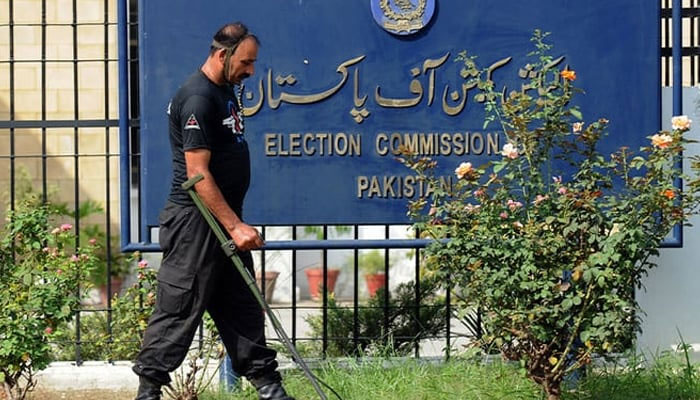
The Election Commission of Pakistan (ECP) has recently issued a code of conduct for political parties, as they gear up for the Punjab assembly elections set for May 14.
The code of conduct, which the electoral body devised following consultations with political parties, sets out a number of directives that all political parties must adhere to during the election campaign.
The electoral body said in the directives that political parties would not speak against the judiciary and the Pakistan Army during electioneering.
Political parties have also been urged to avoid ridiculing the Election Commission.
Political parties, contesting candidates, election agents and their supporters have been asked to extend cooperation to law enforcement agencies for ensuring the safety and security of election materials, election officials and polling agents on polling day.
No one is allowed to exercise undue influence on any candidate for contesting or not contesting in the polls. "The political parties, contesting candidates, election agents and their supporters shall not indulge in offering gifts or gratifications or inducements to any person to contest or not to contest as a candidate, or to withdraw or retire or not to withdraw or not to retire from the election. Violation will be treated as corrupt practice," states the code of conduct.
The electoral body obligates political parties to give at least five percent representation on general seats to any assembly. "Making the selection of candidates on general seats in an assembly, the party shall ensure at least five percent representation of women candidates as required under Section 206 of the Act," it states.
An electoral candidate will have to open an exclusive bank account to manage his electoral expenses from. "As provided in section 133 of the Elections Act, 2017 all candidates shall open an exclusive account with any branch of a scheduled bank wherein any donation or subscription shall also be deposited," it said.
Weapons display in public meetings and processions is prohibited. "There will be a complete ban on carriage and display of all kinds of weapons and fire arms in public meetings and processions as well as on the polling day and until twenty-four hours after the consolidation of official results by the Returning Officers and official regulations in respect thereof shall be strictly observed," it states.
Public office holders, including ministers, the president and the prime minister will not participate in political activities in the constituency. "The public office holders including president, prime minister, chairman/deputy chairman senate, speaker/deputy speaker of an assembly, federal ministers, ministers of state, governors, chief ministers, provincial ministers and advisors to the prime minister and the chief minister, mayor/chairman/Nazim, their deputies, shall not participate in any manner whatsoever," it states.
Banners, posters and panaflex of the size approved by the ECP will be used and no one will take down banners of opposing political parties. "There shall be a complete ban on hoardings, billboards, wall chalking, and panaflexes of any size. Violation will be treated as an illegal practice," it states.
On the day of polling, election campaigns will not be conducted within 400 meters of the polling station. Also, political flags or banners will be prohibited inside the polling station. "On Polling Day, there shall be a complete ban on all kinds of campaigns, canvassing, persuading of voters for vote, soliciting of vote and not to vote in the election or canvassing for a particular candidate within the radius of 400 meters of a polling station," it states.
The Supreme Court has ordered Provincial Assembly elections in Punjab to be held on May 14. As a result, the Election Commission has already begun making the necessary arrangements. However, the federal government has declined to accept the directives issued by the apex court.




